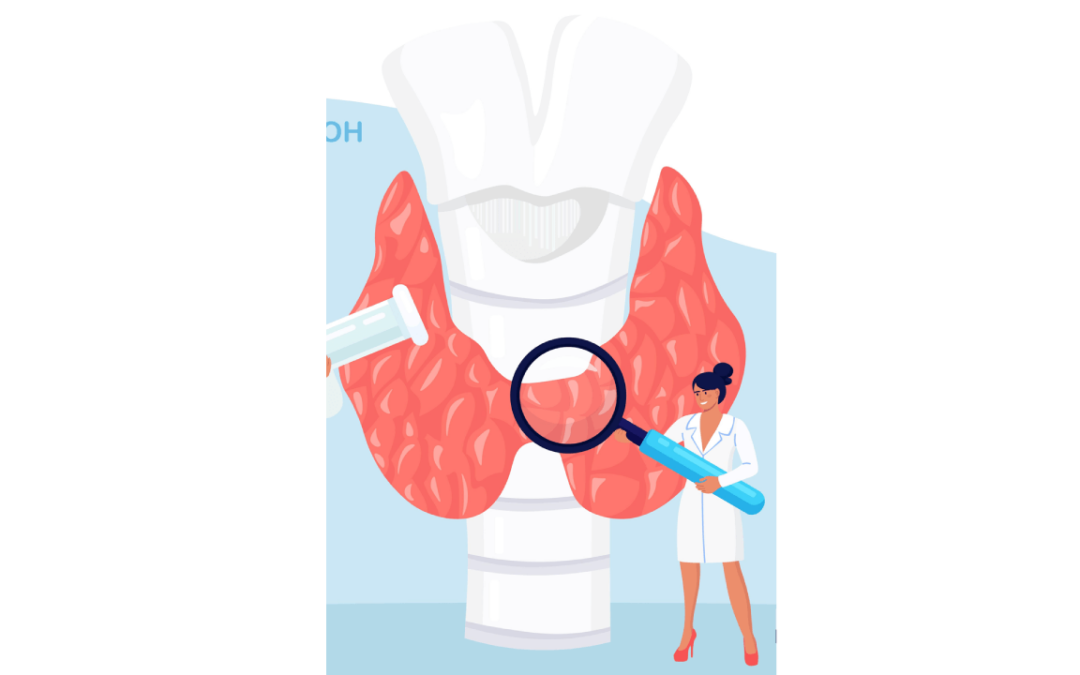The Importance of Iodine: Understanding Deficiency, Symptoms, and Prevention
Iodine is a vital micronutrient that plays a crucial role in human health, particularly in neurological development and thyroid function. Despite its importance, iodine deficiency remains a prevalent issue worldwide, affecting millions of people.
The Role of Iodine in the Body
Iodine is essential for the production of thyroid hormones, which regulate various bodily functions, including:
– Energy production: Thyroid hormones enable the body to use energy, stay warm, and maintain organ function.
– Neurological development: Iodine is crucial for brain development, particularly in infants and toddlers.
– Skin health: Thyroid hormones help regulate skin cell regeneration and hydration.
Iodine Deficiency: Causes and Risk Factors
Iodine deficiency can occur due to:
– Inadequate dietary intake: Insufficient consumption of iodized salt, seafood, and dairy products.
– Pregnancy and lactation: Increased iodine requirements during these periods.
– Vegetarian or vegan diet: Limited iodine sources in plant-based diets.
– Low iodine levels in soil and water: Regional deficiencies in iodine-rich soil and water.
Symptoms of Iodine Deficiency
Iodine deficiency can manifest through various symptoms, including:
– Goiter: Enlargement of the thyroid gland, causing swelling in the neck.
– Weight gain: Slowed metabolism leading to weight gain and fatigue.
– Hair loss: Impaired hair follicle regeneration.
– Dry skin: Reduced skin cell regeneration and hydration.
– Cold intolerance: Decreased heat production due to slowed metabolism.
– Memory and learning impairments: Thyroid hormone regulation of brain function.
Prevention and Management of Iodine Deficiency
Preventing iodine deficiency is crucial, especially during pregnancy and lactation. Strategies include:
– Iodized salt consumption: Regular use of iodized salt in cooking.
– Dietary diversification: Including iodine-rich foods like seafood, dairy, and bread.
– Supplementation: Consulting a healthcare professional about iodine supplements during pregnancy and lactation.
Conclusion
Iodine deficiency is a preventable condition that can have significant consequences on human health. By understanding the importance of iodine, recognizing the symptoms of deficiency, and adopting preventive measures, we can ensure optimal thyroid function and overall well-being.
Reference
https://en.wikipedia.org/wiki/Iodine_deficiency
https://www.healthline.com/nutrition/iodine-deficiency-symptoms
https://www.thyroid.org/iodine-deficiency/
https://www.ncbi.nlm.nih.gov/pmc/articles/PMC3074887/
https://www.who.int/nutrition/topics/idd/en/

